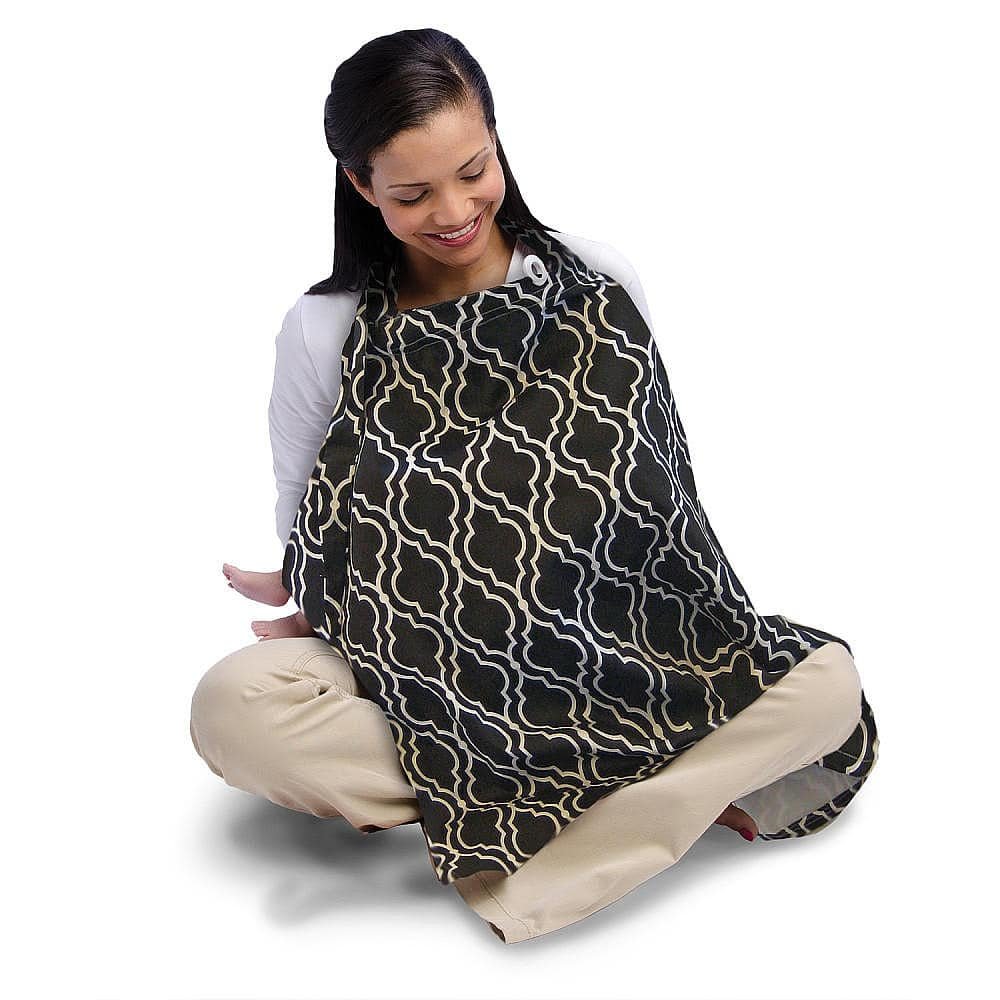Table of Content
ADLs include activities such as bathing, dressing, eating, mobility, transitioning, and toiletry. Elderly persons commonly require custodial care due to the natural process of aging, but so do persons who do not fully recover from an injury or serious medical emergency. Persons with Alzheimer’s disease or a related dementia also frequently require this type of care as the disease progresses and cognitive decline increases.
A few exceptions exist, including if a person’s plan has a contract with a specific nursing home or organization that operates nursing homes. This time period does not count toward the criterion for skilled nursing care coverage that requires the person to have spent the last 3 days in a hospital. If you choose to purchase a Medigap Policy, the best time to enroll is during the Medigap Open Enrollment Period. Open Enrollment for Medigap policies begins the month you turn 65 and enrolled in Original Medicare Part B. This enrollment period then lasts for 6 months. Depending on where you live, your state may offer other expanded open enrollment opportunities.
Tax Deductions for Nursing Home Care
There are 10 different plans; each offers a different level of benefits. Plans do not provide seniors with cash payments; instead, seniors make lower payments to their medical providers. There are 10 standardized Medigap plans defined by federal law, referred to as Plans A, B, C, D, F, G, K, L, M and N. Not all 10 plans are available in every state, nor does each insurance company choose to offer all plans. Please note that Plans C and F are no longer available to newly eligible Medicare recipients. However, persons who enrolled in these plans before January 2020 will be able to continue with the same plan.

Some of the more robust plans also will pay an “at-home recovery benefit” of up to $40 per visit for 40 visits. This covers custodial care, but only for an hourly visit, and again, only on a short-term basis after an illness, injury, or surgery. Keep in mind that Medigap plans won't pay for long-term nursing home care or custodial care, either. Be sure to ask your doctor or health care provider about whether the services they provide will be covered by Medicare.
How Many Days Will Medicare Pay for Nursing Home Care at a Skilled Nursing Facility?
This can cause Medicare to deny coverage of skilled nursing facility care! To meet the 3-day qualifying hospital stay criteria, one must have an inpatient hospital stay of 3 consecutive days. Unfortunately, Medicare nursing home coverage is extremely limited. Medicare doesn’t offer coverage for most long-term care services, including long-term stays at nursing homes, hospitals, or assisted living services. In some cases, you may have coverage for short-term stays at a skilled nursing facility. Temporary stays in skilled nursing facilities, which are often also long-term care nursing homes, can be covered by both Original Medicare and Medigap supplemental insurance.

If one does not agree with this decision, they should file an expedited appeal immediately to a Quality Improvement Organization . A skilled nursing facility resident cannot be forced to leave when there is a pending appeal. The QIO should make a decision no more than 2 days after one’s coverage ends. There is no charge for care while waiting for the decision, but if QIO denies coverage, the resident is responsible for all costs after coverage ending.
What’s the Difference Between Home Health Care and Nursing Home Care?
However, a copayment of $5 for prescribed pain relief medication sometimes applies. For a person to be eligible for coverage, a doctor must certify that the care is medically necessary and that the person cannot leave their home. Once a person meets this copayment, Medicare covers the remaining costs in full. Skilled nursing facilities are focused on providing medical care. Skilled nursing care basically includes things like giving injections, inserting or replacing catheters, changing wound dressings, feeding through a gastric tube, and treating bed sores.
Some Medigap plans can help extend the period of coverage for skilled nursing facility stays. You should check with a representative in order to determine which Medigap plan is the most comprehensive one for your needs. The 3-day qualifying hospital stay for Medicare skilled nursing facility coverage is sometimes misunderstood, and therefore, the days are counted wrong.
However, those who provide custodial care are not technically trained doctors or medical professionals. Medicare Supplemental Plan G is one of the most popular Medigap plans with comprehensive coverage Medicare beneficiaries are able to purchase. While it does not cover the Part B deductible, Medicare Supplement G is an affordable Medicare Supplement Plan, providing the most coverage for a low deductible.

Another way to qualify for Medi-Cal is based on limited income. According to the Affordable Care Act, the income limit for Medi-Cal is 138% of the Federal Poverty Level . That is about $16,100 for an individual and $32,900 for a family of four. While the Affordable Care Act has eliminated the asset test for most Medi-Cal applicants, if you are elderly or disabled, you will still need to have few assets to qualify for Medi-Cal. The limits are $2,000 for an individual and $3,000 for a couple. Your residence will not be counted if either your spouse still lives there, or if you intend to return to that residence.
During this time, insurers are required to accept applicants regardless of pre-existing conditions. The price of some Medigap policies isn’t based on the policyholder’s age, while age is factored into the price of other plans. For example, with some plans, the cost is based on the policyholder’s current age and the cost increases as one gets older. With other plans, the cost is based on the age of the policyholder when the plan was purchased. To best understand and compare benefits of the different plans, visit theMedicare.gov webpage. Aid and Attendance Benefits - Learn more about the eligibility requirements for aid and attendance benefits for veterans in need of long-term care.

The person must also have days left in their benefit period. Medicare considers home health care to be skilled, in-home nursing care or outpatient therapy services to treat an illness or injury. Nursing home care services are somewhat similar, but delivered in a skilled nursing facility .
Typically, these in-home care services are coordinated with a home health care agency. It’s important to compare Medigap policies since the costs can vary between plans offered by different companies for exactly the same coverage, and may go up as you get older. It’s unfortunate that Original Medicare provides so little help. But it’s not impossible to get financial assistance for this type of care. Below are some ways that you can help yourself reduce the onerous financial burden of nursing home costs.
Keep reading for a breakdown of what Medicare may cover related to nursing homes. The programs cover services like hospital stays and outpatient services and preventive care. Medicare may cover short-term stays in a nursing home when a person needs skilled care. Some may benefit most from adult day care, others from in-home care, and still others from residing in assisted living or skilled nursing facilities. There can be a wide range of benefits to receiving care services at home, including the fact that it is usually less expensive than residing in an assisted living facility.
There are several different methods for obtaining eligibility for Medi-Cal. There are also eligibility rules specifically for long-term care services like nursing homes, assisted living facilities, and home health care services. The California Department of Health Care Services administers long-term care programs in California. EHealth's Medicare website is operated by eHealthInsurance Services, Inc., a licensed health insurance agency doing business as eHealth. The purpose of this site is the solicitation of insurance.

If you need more than intermittent nursing care, Medicare will generally not cover it except in special circumstances. PACEprovides in-home care services that are similar to what’s offered in a nursing home. PACE may not be available in your area, and you have to meet specific income requirements to qualify.

No comments:
Post a Comment